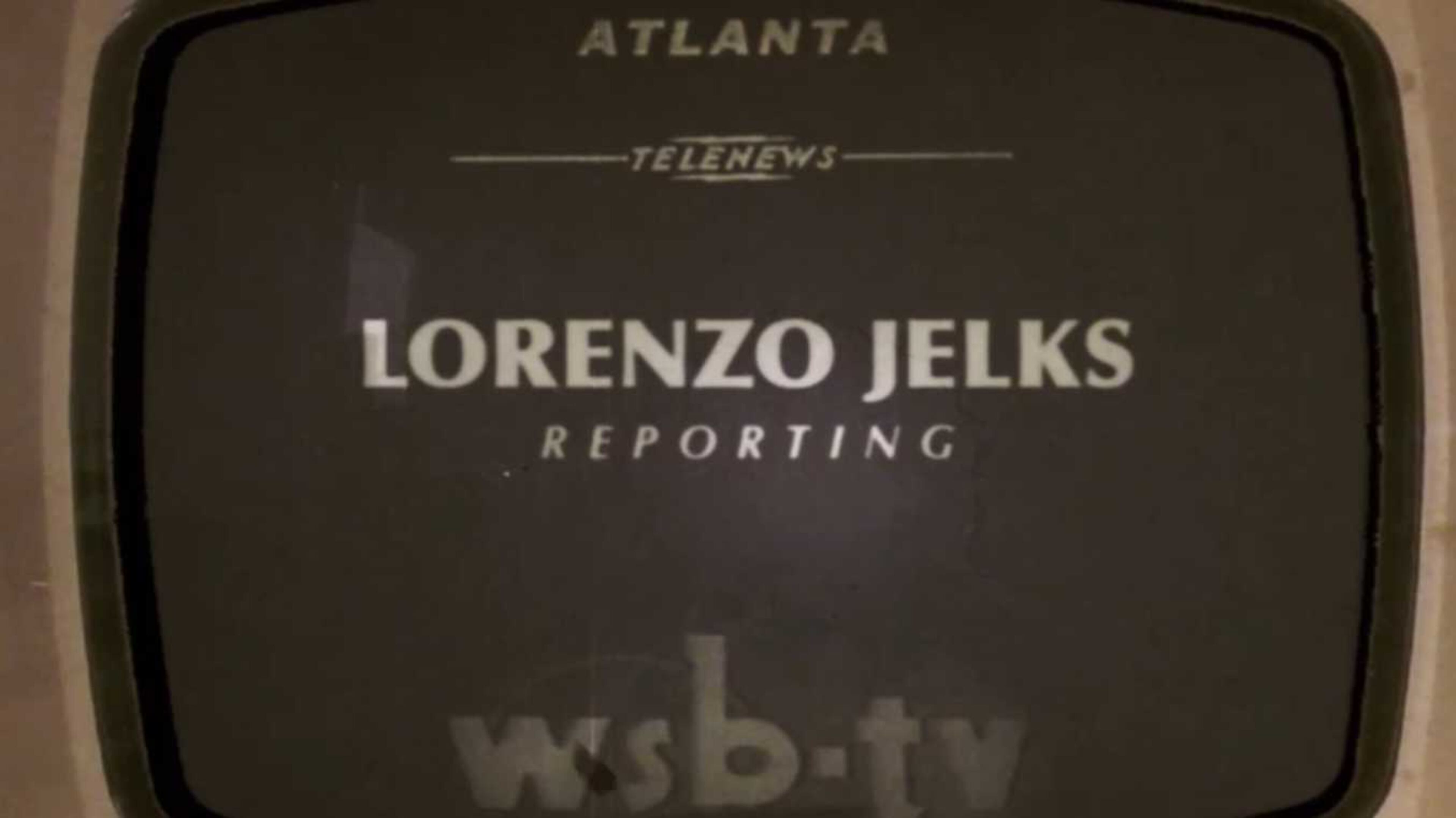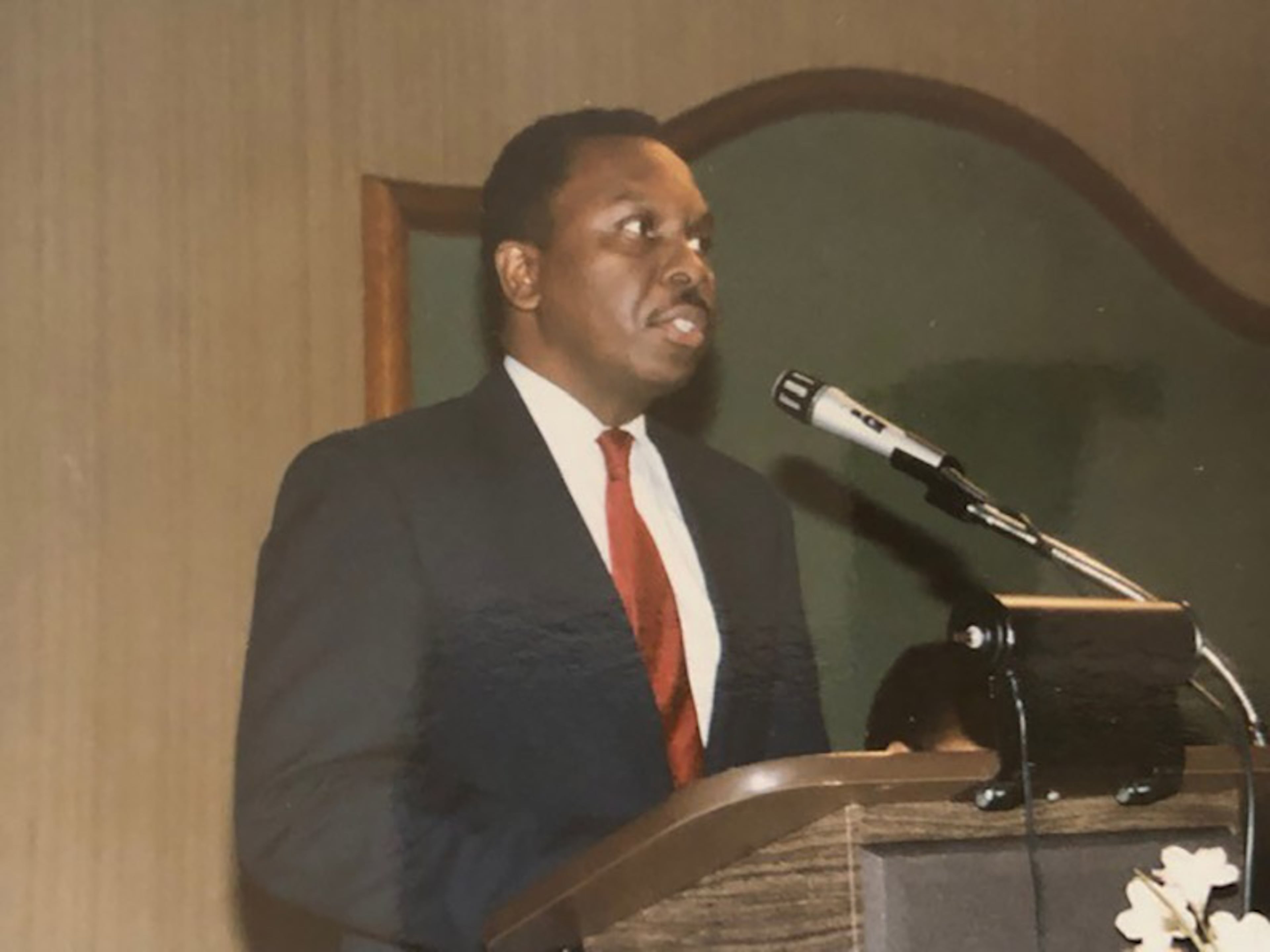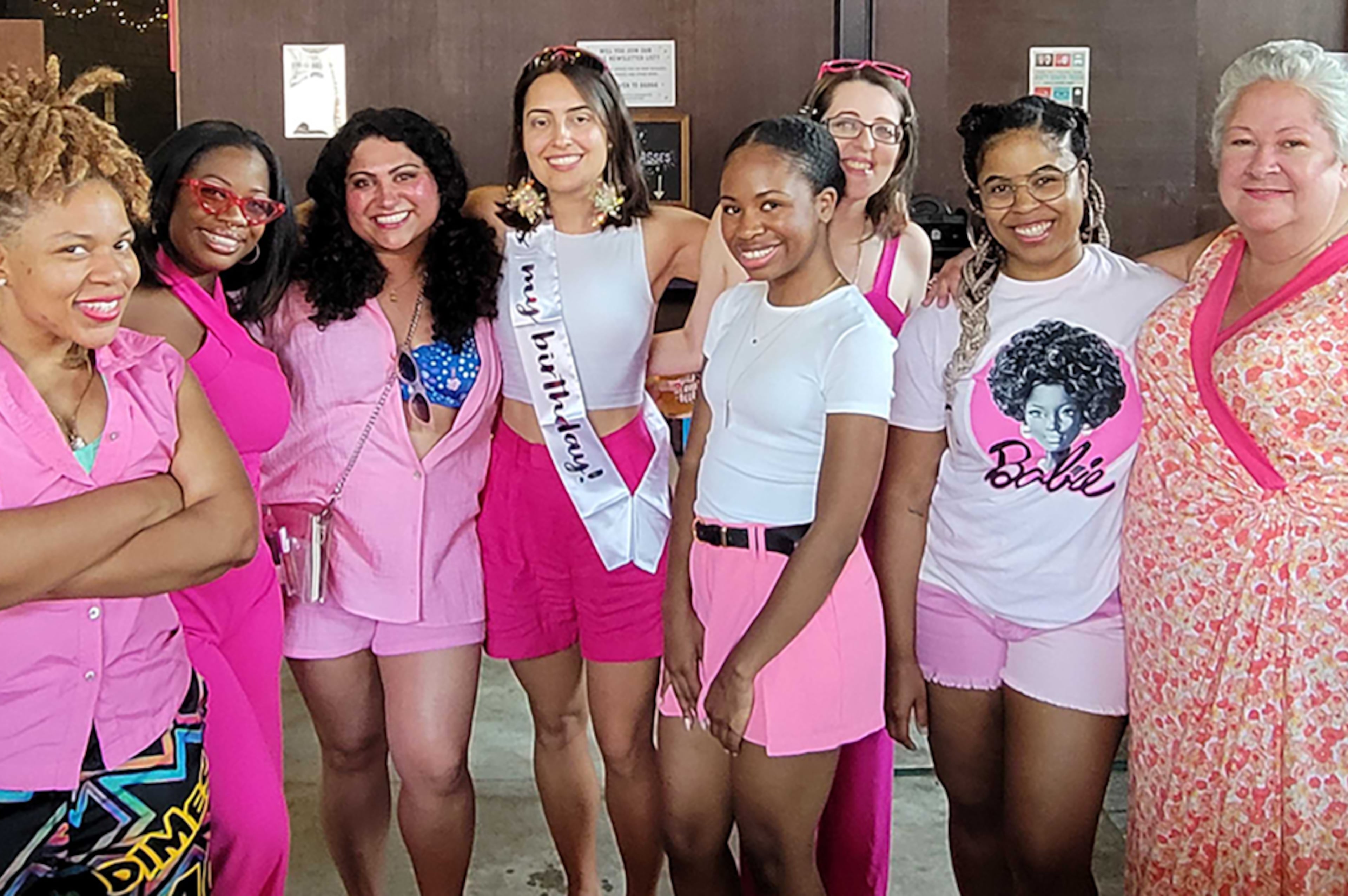Lo Jelks, Atlanta’s first Black television reporter

Monica Pearson was at a meeting near downtown Atlanta shortly after her arrival in 1975 as an anchor for WSB-TV when someone there mentioned a name she says paved the way for her landmark career.
Lorenzo “Lo” Jelks, she soon learned, was hired at the station in 1967, becoming the first Black television reporter in Atlanta.
“He opened the door for us. He’s my hero,” Pearson, who worked at the station for 37 years, said in an interview.
Jelks is humble about his role in Atlanta’s television history.
“Once (WSB) took that opportunity of going with someone green like me, someone who had never been inside a television station, I think perhaps that helped with the other stations,” said Jelks, 82, who lives in the Atlanta area.
His transition to television wasn’t easy. The station initially didn’t show Jelks’ face on the air, fearing a backlash from some whites. Viewers only saw “Lorenzo Jelks reporting” in white letters in the middle of a black screen.
“I didn’t complain about it because I didn’t have any control over it,” he said.

Jelks’ journey to Atlanta began in St. Petersburg, Fla., where he grew up. Like many broadcast reporters of that time, he started in radio. In 1955, Jelks ran a weekly music show on a local radio station as a high school student.
He graduated from Clark College, now called Clark Atlanta University, in 1961 and was operations manager at WIGO-AM, a R&B station, in Atlanta when he get the call from WSB-TV.
“He will become the first Negro TV newsman in Atlanta,” his hometown paper, now called The Tampa Bay Times, reported in its June 5, 1967 edition.
His first day of work was June 12.

News outlets were under unprecedented pressure to hire Black reporters at the time. President Lyndon Johnson that summer commissioned a report in the wake of riots in several large cities that concluded that the news media generally “failed to report adequately on the causes and consequences of civil disorders and on the underlying problems of race relations.” The report recommendations included recruiting and training more Black reporters.
WSB managers told Jelks they hired him in part because the station needed a Black reporter. Station officials insisted he would not solely cover news impacting the Black community. Jelks got training on writing for television news.
Jelks understood the significance of his position. He arrived at work before other reporters to read the newspapers to familiarize himself with the day’s top stories.
“You were watched a lot by the general public. There were people out there who didn’t wish us well at all and hoping we would make all kinds of mistakes,” he recalled.
Jelks traveled to other cities with mass transit systems for reports on Atlanta’s plans for what became MARTA. He interviewed Jimmy Carter during his 1970 gubernatorial run. For many, his most memorable assignment was interviewing Ku Klux Klan leaders before a rally at Stone Mountain.
Other Atlanta news outlets began hiring Black reporters. The Atlanta Journal hired its first Black reporter, Harmon Perry, in 1968. Billye Suber Aaron, Jocelyn Dorsey, Emmanuel Hall, Felicia Jeter and Ron Sailor Sr. became familiar faces across Atlanta’s television screens in the subsequent years following Jelks.
Jelks worked at the station until 1976. He returned to his first love, radio, despite offers to become an anchor at the station and entreaties to report for NBC News.
He started a radio station, WAUC-AM, developing projects, such as “Campus Spotlight,” which highlighted life and education on historically Black colleges and universities nationwide. Jelks also founded The AUC Digest, a newspaper serving the Atlanta University Center, which he still publishes.
Jelks’ son, Ken, playfully said his dad “is fighting retirement.”
Pearson and family members say Jelks suffers from a severe case of modesty about his impact.
“He made history and he would rather let it become a footnote instead of being a headline,” she said.

More Stories
Keep Reading



